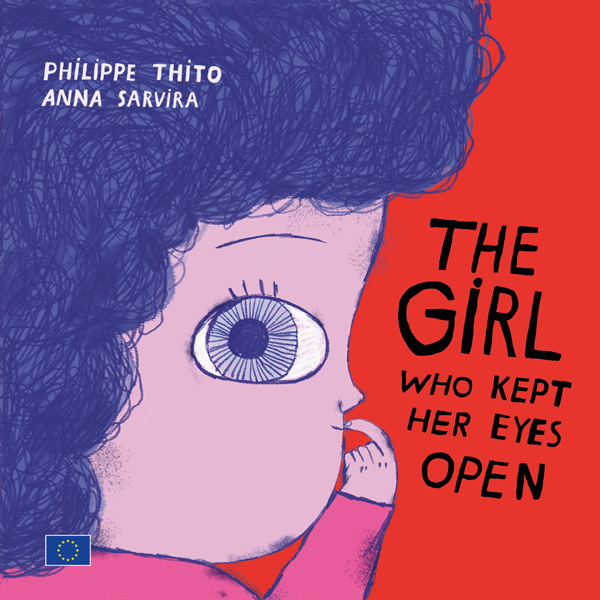Victims’ rights
in the European Union
The rights of victims’ family members
Many of the rights that apply to victims also apply to their family members, such as the right to access support services, the right to protection and the right to privacy.
Right to protection and to individual assessment
Victims and their family members have the right to be protected from secondary and repeat victimisation, intimidation, retaliation and emotional harm. The purpose of individual assessment is to identify whether victims have specific protection needs and to determine whether and to what extent they would benefit from special measures in the course of criminal proceedings. The dignity of victims must be protected when they are testifying.
Right to participate in criminal proceedings
Victims have the right to take part in criminal proceedings.
Right to support services
All victims have the right to confidential victim support services that is free of charge, acting in the interests of the victims before, during and for an appropriate time after criminal proceedings.
Right to information
Victims have the right to receive information on a range of topics including, but not limited to, what support is available and how to access it, compensation, restorative justice, protection, how to report criminal offences and how to access legal advice.
Right to understand and to be understood
Victims have the right to be heard, understood and respected. All communication with victims (written and spoken) must be simple and easy for them to understand.
